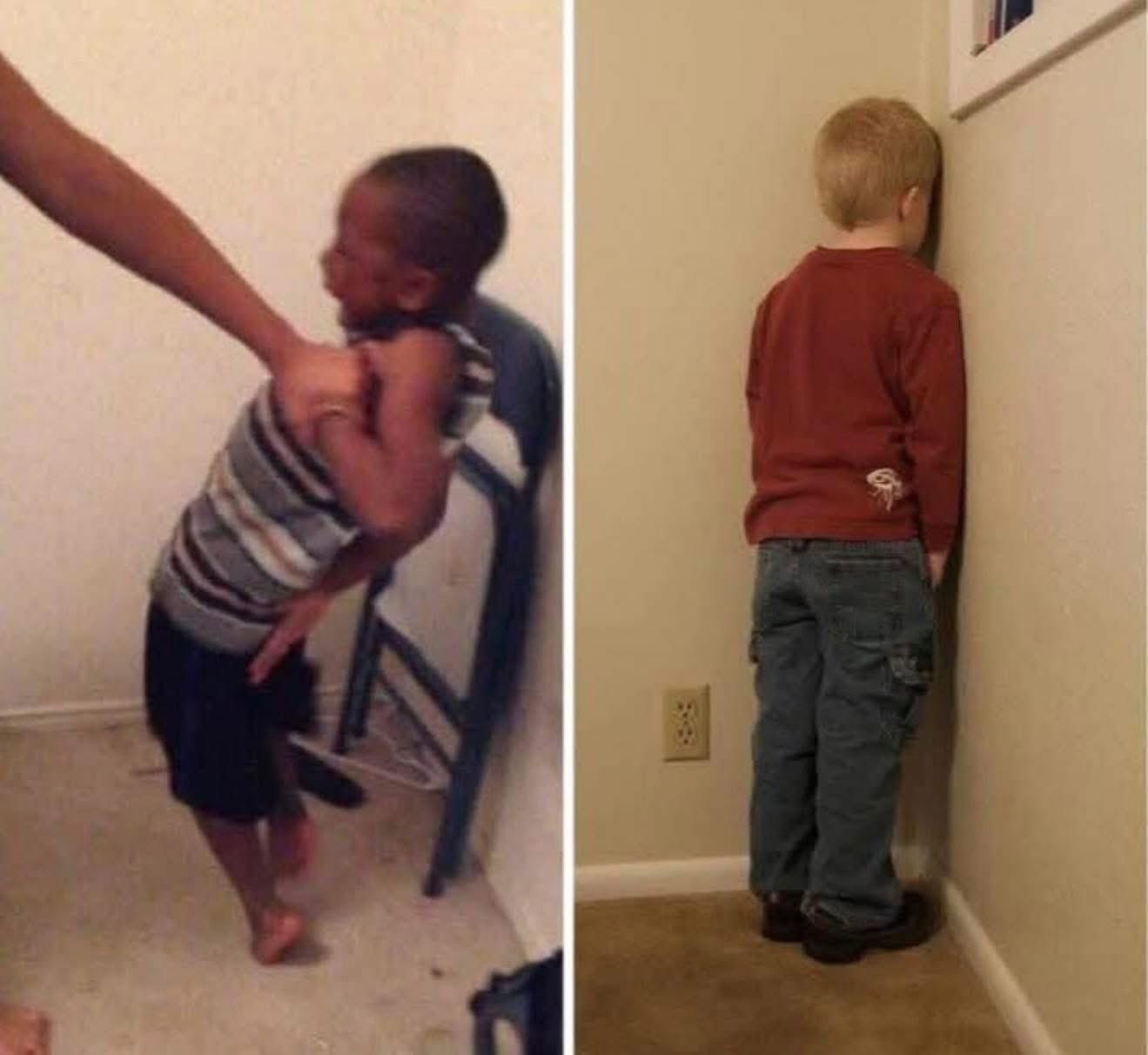Why Nigeria Can’t Stop Tweeting #NepoBaby and #LapoKids—A Deep Dive into the Viral Trend
- Posted on 21 July, 2025
- By Jasmine

Last week, Nigeria’s Twitter went into overdrive thanks to two viral tags: #NepoBaby and #LapoKids. What started as a joke turned into one of the most talked-about trends among Gen Z—the kind that has everyone from students to celebs dropping hot takes, memes, clapbacks, and stories raising serious questions about privilege and fairness. The real spark? It kicked off when Femi Otedola’s memoir Making It Big dropped news of his children’s insider perks. That tweet sent the internet wild—with comments like “Nepo baby is it because our fathers are rich?” suddenly flooding timelines. One heavyweight post from Harrison (X handle @harrisonJNIOR) said: “Nepo babies romanticize the grind because they've never actually had to do it. Try chasing your dreams with zero connections…” That tweet exploded, and others piled on. Soon people were using #NepoBaby to call out celeb kids getting fast-tracked opportunities—literally just because of who they are. Then came #LapoKids—a mix of “lapo,” implying access or inheritance, but defined by students as those who grew up with comfort, legacy schools, and supportive networks while others struggled. On the flip side, Lapo kids started their own counter-thread. Tweet storms like: “Lapo kids come here let’s hug each other. We have nobody in this life but God. If you are a Nepo baby please avoid this tweet,” show how these labels became a way to confide in peers who shared certain backgrounds. What makes the trend so compelling is the dance between privilege and hustle. Critics point out that nepo babies and lapo kids benefit from family wealth, contacts, and early access—but defenders argue: > “It means you started with a head start—but what you do with it shows your worth.” That tension landed the trend in classrooms and comment sections across Nigerian campuses. It sparked deeper conversations about fairness in creative industries, elite schools, and political circles—places where access often outweighs ability. Even academic types are weighing in. One LinkedIn post pointed out that privilege comes in degrees—and that what matters is how we use it: > “Recognizing your privilege, no matter how small, is powerful. You can use it as a stepping stone, not a source of shame.” In a nutshell, #NepoBaby and #LapoKids aren’t just slang—they’ve become cultural signals for calling out uneven playing fields while reminding others that starting ahead doesn’t guarantee success. So why is it resonating now? Because Gen Z refuses to accept that life comes with different cheat codes—and they’re ready to call it out, meme it, debate it, laugh at it, and challenge it. What’s your take? Do you think family privilege is a launching pad—or a label that masks real talent? Either way, the trend has sparked a much bigger conversation. And it’s one Nigeria needed.

